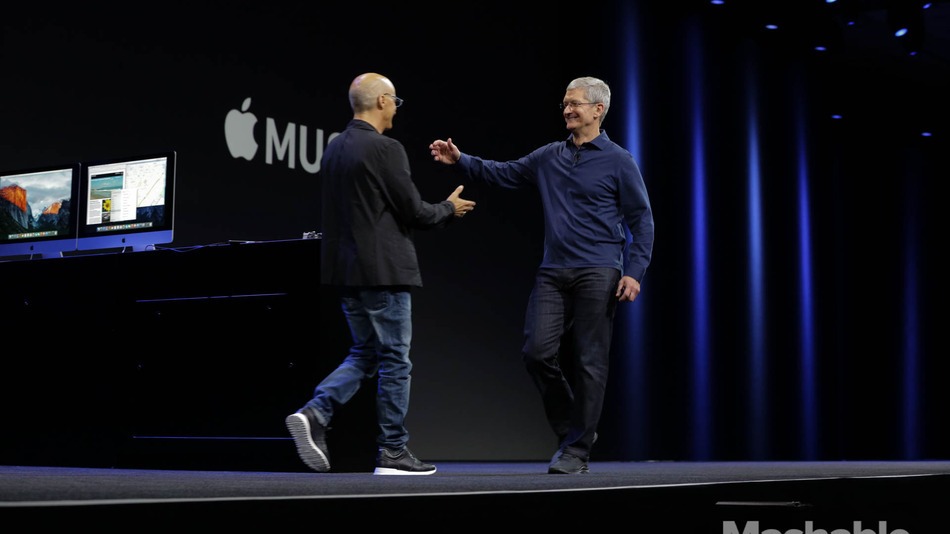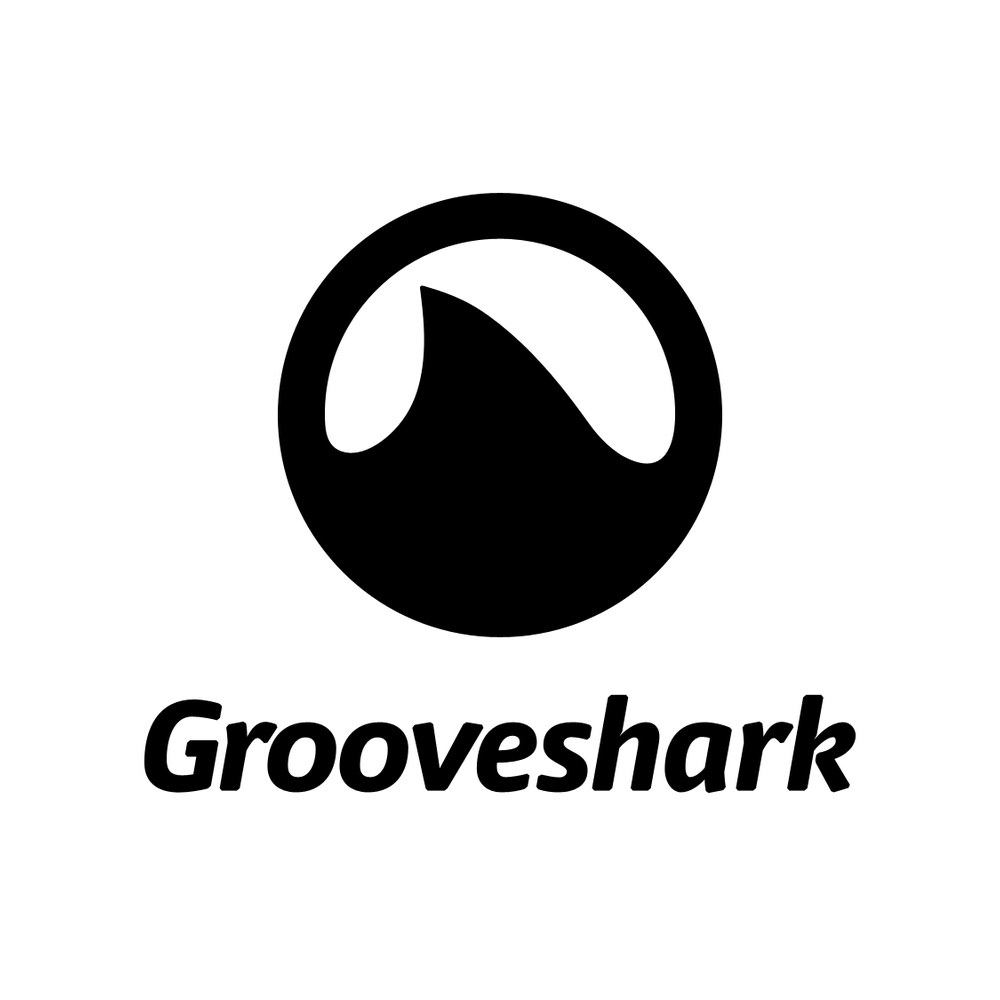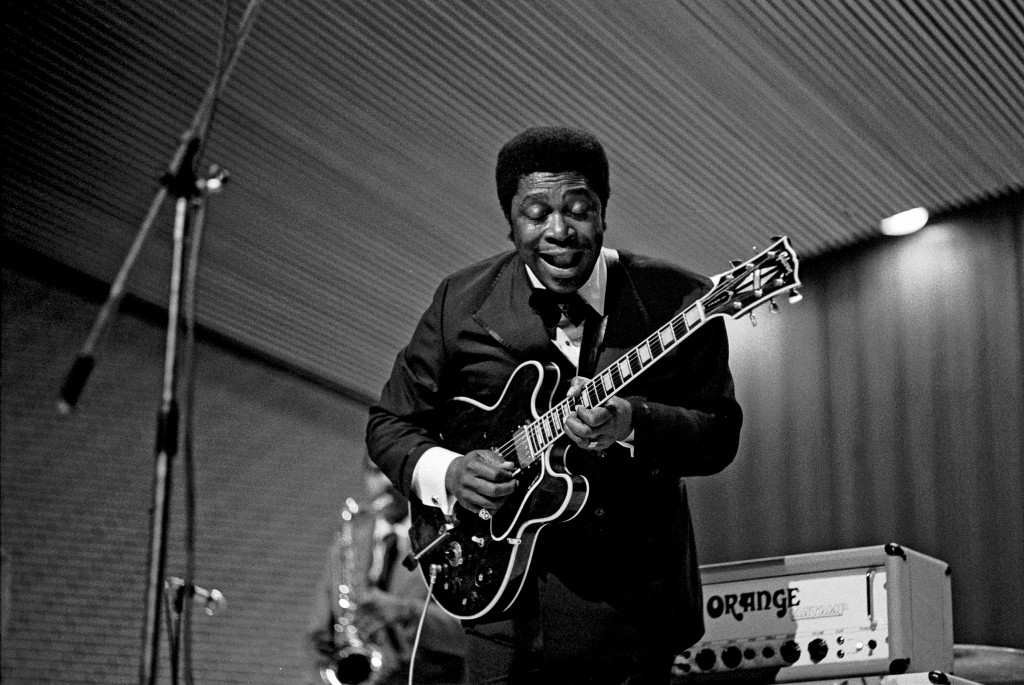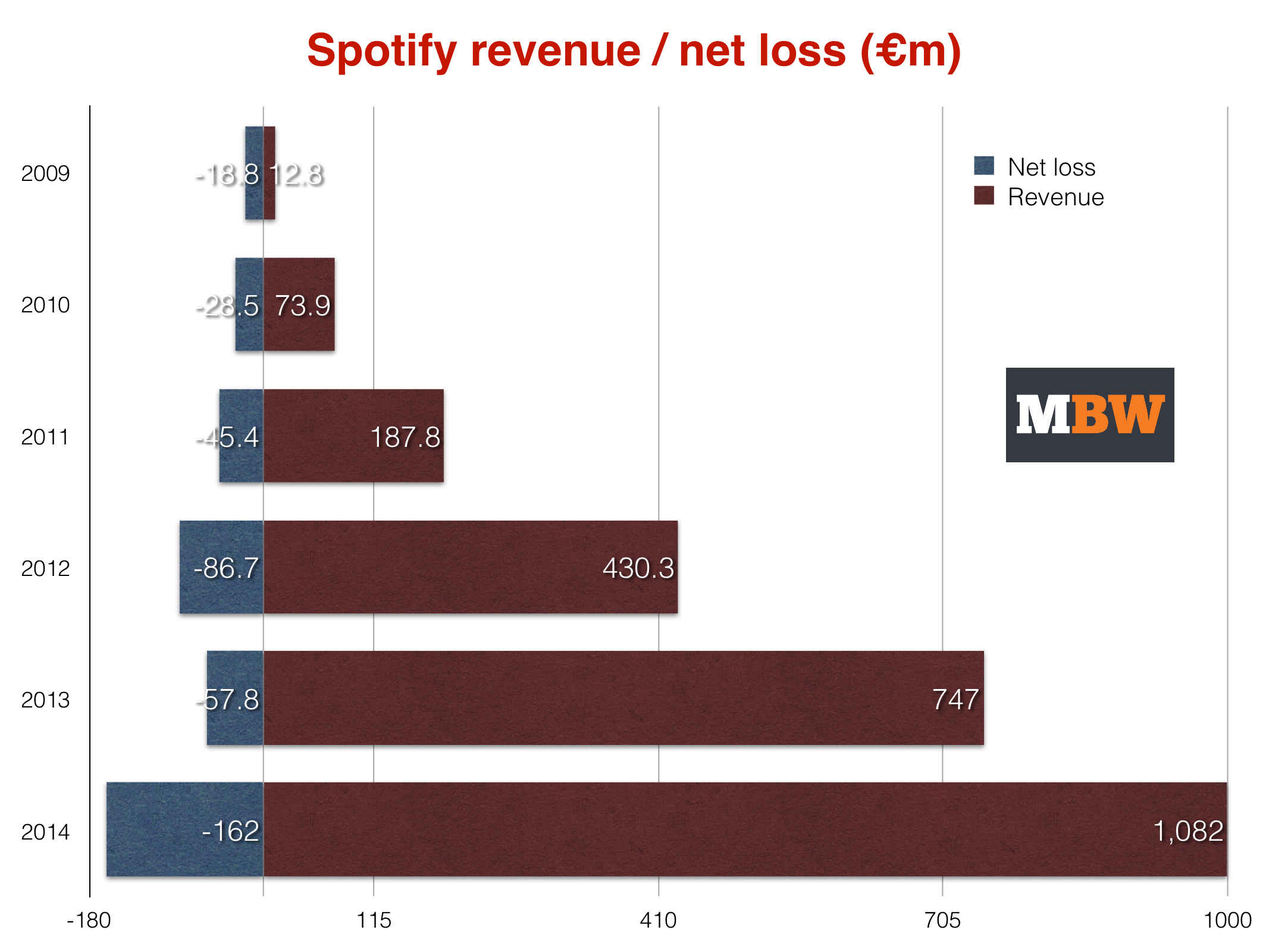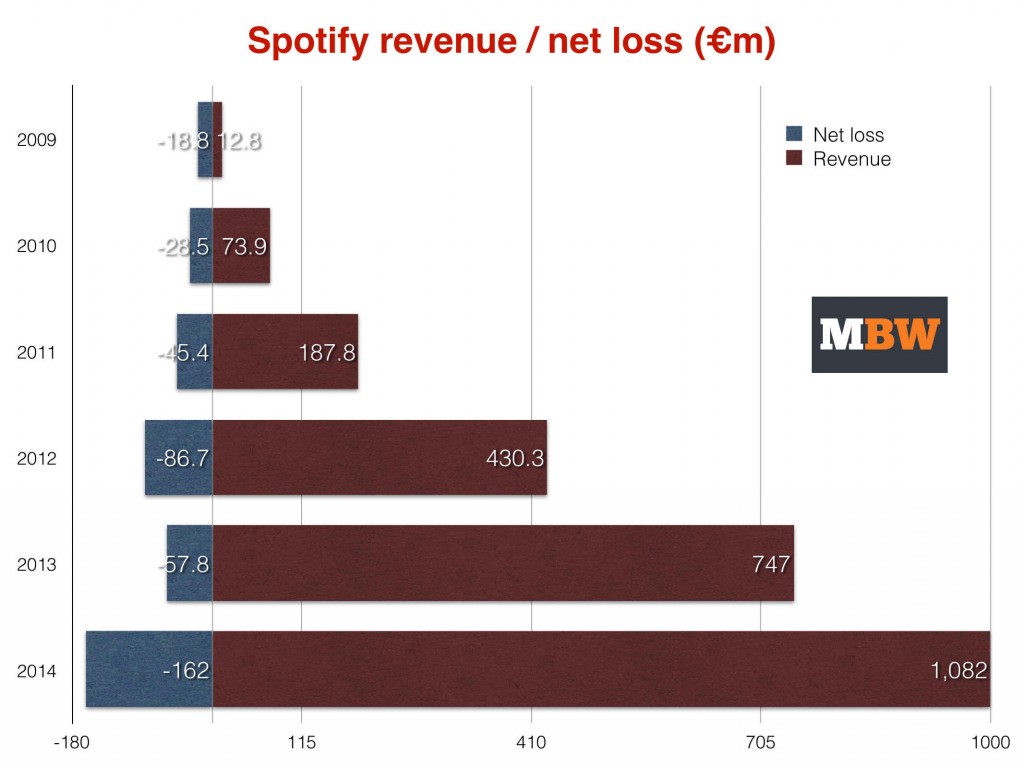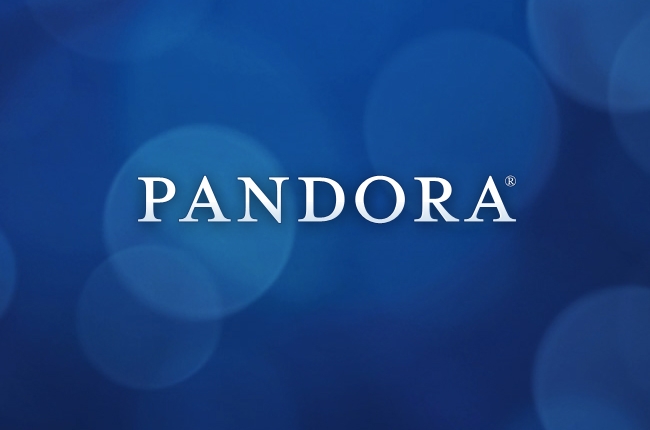For anyone watching the music analytics space and here at Musonomics, this is a big deal. What does this mean for Pandora? Data, and improved music recommendations for Pandora’s 79 million users. Information is invaluable to streaming services and what started as a side project for founder Alex White and his partners while they were at Northwestern has quickly turned into one of the industry leaders in music analytics. More important is what it might mean for NBS’s many clients throughout the music industry. Although a Pandora representative said that there would be “no immediate changes” in how NBS works with its existing clients, after Spotify acquired the Echo Nest last year, Rdio and many other EchoNest clients who compete with Spotify immediately dropped the Echo Nest from their roster of data providers.
The biggest surprise of all is who the buyer wasn’t — Nielsen, a company that has enjoyed a virtual monopoly on US music sales data since its acquisition of SoundScan, and has been growing its arsenal of complementary data services on music sales and downloads, radio listening and music broadcast on radio.
In his New York Times story on the acquisition of NBS, Ben Sisario mentioned Pandora’s frosty relationship with the music industry over the rates it pays for music. It is unclear how NBS will help on that front. But it won’t hurt.




